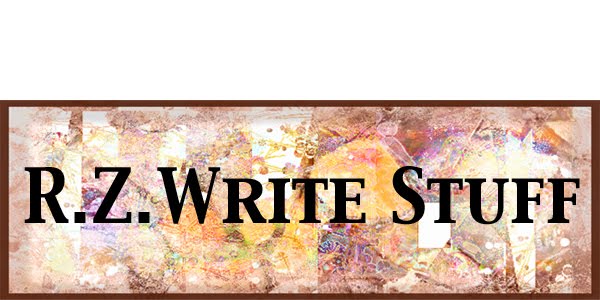Last night, Masterpiece Theatre produced a play, from Christopher Reid's poem, The Song of Lunch, by the same name. It is a dialogue between two people, in which a narrator, one of he characters, gives voice to the inner thoughts of the man, a publisher and writer, who meets his ex-beloved for lunch. (Alan Rickman)
The stream of consciousness narration is pure poetry, and even the exchanges between his ex, (Emma Thompson) in which she points out the man's lack of awareness of anything but the voice in his own head, including herself and the truth she shares with him, even while that is what he is obsessing about. The language is totally beautiful, but he fails to grasp the deeper significance of her coming to meet him, the opening she gives to him in mentioning the monotony of her own life and marriage in its routine, the touch of her hand on his, offered in compassion, his response which is sexual/physical, rather than empathic, which she wants from him. His continuous obsession with his own voice continues, and drowns out the truth of the remaining bond between them.
She tells him twice of his failure, in the moments they have between them in the restaurant, alluding to their relationship, and his shortcomings as a writer, which sinks in enough to make him more numb and deeply miserable, and then which he escapes by running to the roof where he falls asleep, long enough to wear off his drunkenness from the wine. When he awakens, and returns to the restaurant, he finds his ex gone, having paid their bill, the crowd has disappeared, and the restaurant owne, whom he remembers as once being charismatic, has grown old and dull in the corner of the restaurant. He only recognizes the man's identity after he has turned to leave.
(Of course the owner is a metaphor for himself.) The entire monologue (or dialogue if you include his ex's words to him ) is amazing. The reality and insight behind the words and between the lines is brilliant, and something every artist/ writer might strive to accomplish.



